FACE IT: face masks are not going anywhere, anytime soon. It’s the ‘new normal’ to wear them to shops, on public transport and – depending on where you are in the world – you may even be required to wear one outside. Potential virus-fighting benefits aside, many are reporting that face coverings are causing a multitude of skin problems including pimples, breakouts and increased irritation. Thus, the aptly named ‘maskne’ is born. But what exactly is maskne, and how do we treat and prevent it?
Time to ask the experts! I caught up with qualified facialist and skincare obsessive Rachael Stubbs to get the low down…

Can you really get spots from wearing masks?
‘Yes, unfortunately you can! Especially if you’re wearing them frequently or for longer periods of time.’
How does it happen?
Rachael says there are two reasons: ‘First is the physical rubbing of the mask against the skin; it can break down the protective layer and cause micro-tears that leave skin vulnerable to external aggressors, such as becoming infected with bacteria. The second is trapped moisture from breathing which gathers under the mask and can clog the pores – eventually leading to blackheads, whiteheads and spots if not properly dealt with.’
Is maskne different to acne?
Yes, but unfortunately they can present similarly. ‘Acne is often hormonal, and hormonal acne tends to present itself on the chin, cheeks and jawline in a similar way to the blemishes caused by wearing masks.’
But whereas maskne is caused by rubbing and/or trapped moisture, hormonal acne is caused when hormone levels in the body fluctuate. ‘The skin can produce more sebum [read: oil] as a result, which in turn gets trapped in pores alongside dead skin cells and blocks them until you end up with spots. For females, it can be a little easier to spot the difference as hormonal acne will often appear or worsen at certain times of your monthly cycle’.
Can masks make other skin conditions worse too?
‘Frustratingly, yes. Those with severely dry skin can notice a worsening of their condition, particularly around the lips and nose. Your skin needs to breathe to maintain its hydration and simply put, wearing masks means you’re getting less oxygen to it. Masks can also potentially aggravate eczema due to the rubbing and irritation they cause to the skin, and severe acne may be made worse because of all of the above!’

What tips do you have to treat maskne pimples?
‘Firstly, don’t touch them! Everyone has heard this before but it’s worth saying again because touching spreads bacteria and what starts out as a few pimples may become a lot worse.
Secondly, look for topical products such as spot creams with acne fighting ingredients like salicylic acid and niacinamide and apply as part of your routine.
Third, make sure to cleanse your face morning and evening to reduce the build-up of dead skin, sebum, and bacteria. It’s effort but it’s worth it.’
What can I do to prevent maskne in the future?
‘Always wash masks between uses.’ We know how easy it is to throw a mask into your handbag and forget all about it until next time you go out, but this not only leaves you at risk of contamination but also of putting unwanted dirt, oil, makeup and bacteria back onto your skin. It’s best to have a few so that you can wash them on a cycle – see below for our favourites! And if you need to use disposable masks, remember to change them often.
When it comes to facial hygiene, it turns out technique matters. ‘Cleanse gently – your skin may already be aggravated from wearing a mask all day so treat it nicely! Similarly, stay away from harsh manual scrubs which could make damage worse.’
Rachael also recommends looking for products with non-comedogenic (pore-blocking) ingredients. For example, stay away from glycerine! ‘Some good products I’ve tried are Filgora Oxygen-Glow Mask and the entire Cetaphil range is fantastic.
Does the mask fabric/style make a difference? What about silk masks?
‘Absolutely! When it comes to style, make sure your mask isn’t too tight as this will increase rubbing and irritation. Make sure it still covers your nose and sits under your chin though!’
Silk really is your skin’s best friend. It turns out that silk masks enjoy the same benefits of the silk pillowcase! They cause less friction and absorb less moisture to keep the skin hydrated. ‘I would always go natural – silk or cotton over synthetic as these fabrics allow the skin to breathe better.’
You can check out some of my favourite silk masks below:
Will professional treatments help?
‘It depends on the severity of the condition. If you have severe acne, go to GP or dermatologist as your first point of call. If it’s not so bad then yes, I would recommend a facial every 4 to 6 weeks to induce better blood and cell renewal in the skin.’
‘High-frequency facial treatments are also ideal if you don’t mind the price-tag. The electrical element has a germicidal effect that kills bacteria and quickly heals the skin by drying out blemishes.’
What products or ingredients would you recommend to treat maskne?
Cleanser – I would recommend a salicylic cleanser such as Cos RX Salicylic Acid Daily Gentle Cleanser.
Toner – The Ordinary Glycolic Acid Toning Solution is a fave for everyday use.
Exfoliant – Paula’s Choice Skin Perfecting 2% BHA Liquid Exfoliant. Gentle and won’t aggravate the skin.
Moisturiser – Filgora Oxygen-Glow Cream to help restore oxygen lost underneath masks.
So, now you know! Maskne is a real thing but there’s plenty you can do to avoid it!
Armed with this newfound knowledge I decided to grill Rachael even further about skincare. After all, she is my bestie and what are friends for?!
What inspired your interest in skincare?
‘It was the struggles with my own skin – for so many years. In my early teens I just didn’t care – even though my mother was a beauty therapist, I didn’t listen and I didn’t understand the importance of looking after my skin. So when I got to 17 and developed acne I had no idea where to start. By 21, I realised my condition wasn’t improving with age so I took on skincare as a passion project. I’m seriously so interested in skin now, I find it fascinating!’
What do you think is most important when choosing a skincare routine?
Rachel swears by her own tried and tested 4-point-rule:
- Less is more. ‘You need a good cleanser, toner, serum, moisturiser and eye cream. That’s it! That’s all anybody needs. Other fancy schmancy products are add-ons.’ (Note: For sensitive skins, adding too many products into your routine may actually do more harm than good!)
- Don’t give up. ‘2 weeks is not enough time to see results from a new skincare routine. Projects can take an average of 6-8 weeks to show how well they work. Not to mention, your skin is always changing (particularly with your monthly cycle) and it will also adapt to change in the weather. Be patient and give it time.’
- Ask for help. ‘Whether it’s from a facialist like myself or when you’re shopping the beauty counters, don’t be afraid to ask. Good therapists and brand representatives should know answers to questions about their products, ingredients and their application. A good product applied the wrong way or on the wrong skin can be a disaster, so don’t guess if you don’t have to.’
- Consistency is key. ‘You need to keep at it to get the results you want. Make sure you leave a little time each day to fit in the skincare you need to. Don’t skip evenings when you’re tired, and ALWAYS take off your makeup – even if it’s a cleanse and nothing else, it’s better than nothing.’
What’s your absolute favourite skincare product just now?
Paula’s Choice Skin Perfecting 2% BHA Liquid Exfoliant. It has helped with my acne and I think it’s restored some glow into my skin. What’s more, it’s a non-aggressive exfoliant so it can be used twice a day without ‘overdoing’ it.
I don’t know about you, but I’m off to clean my face!
Rachael is taking bookings for facials shortly, so why not sign up to her newsletter HERE to be the first in the know?!
You can also find her dedicated skincare Instagram, full of tips and advice below.
Leave me your thoughts and questions below, or you can drop me a DM over here.
Love,

This post contains affiliate links, which means I may receive a small commission from any purchases made, at no extra cost to you.
Pictures courtesy of Rachael Louise Stubbs and Unsplash.com

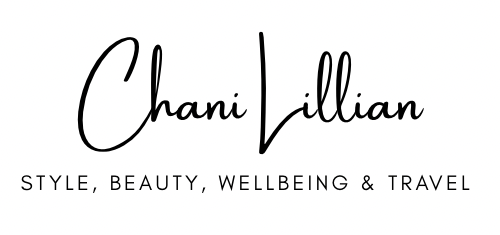
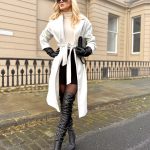
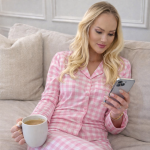
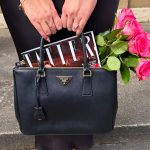

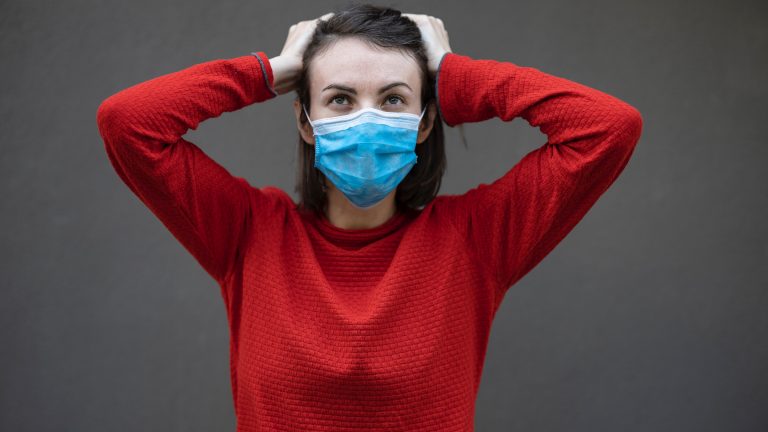

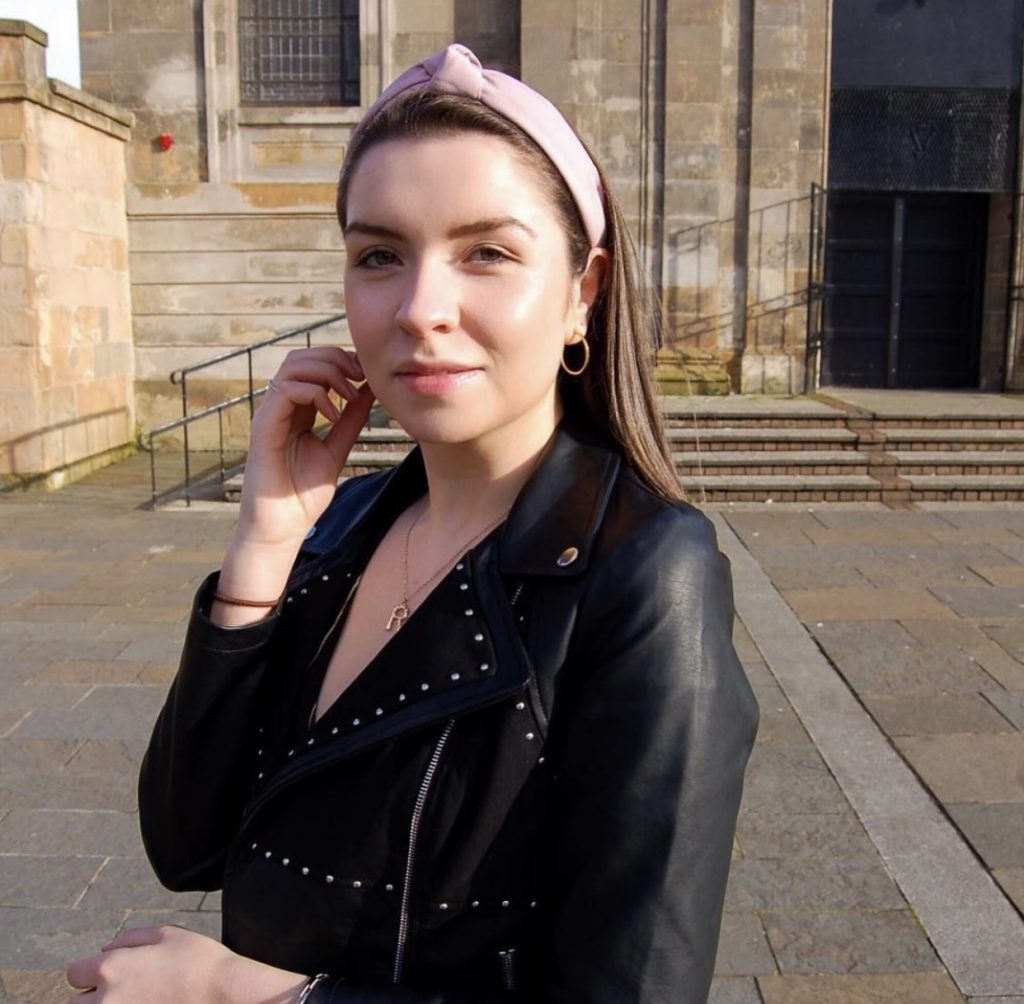
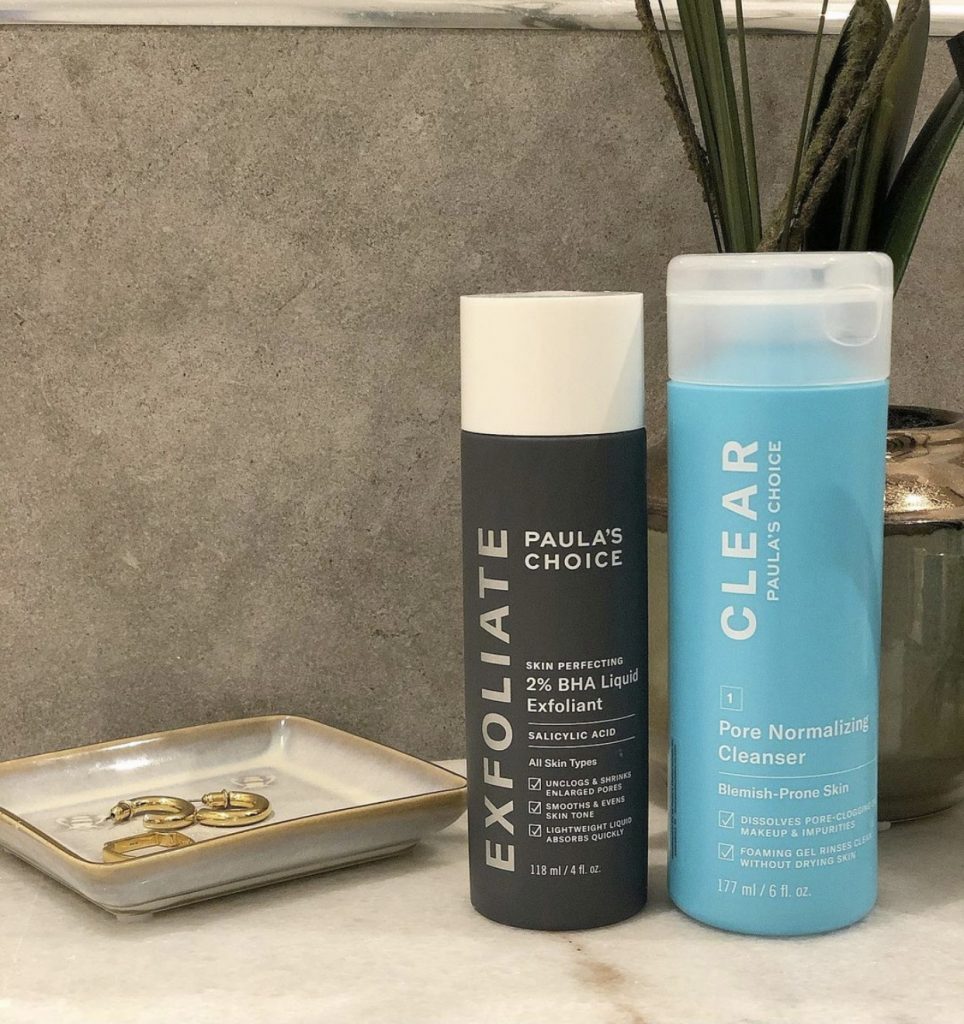
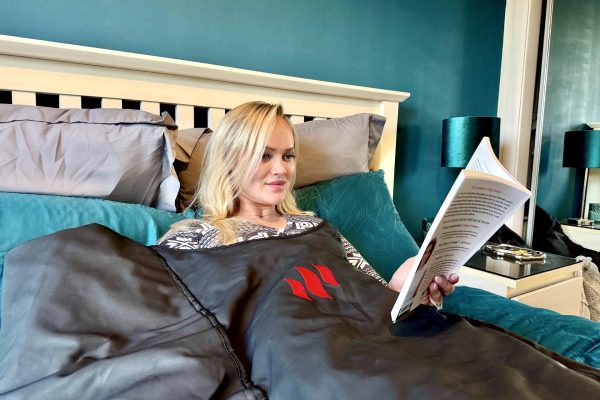
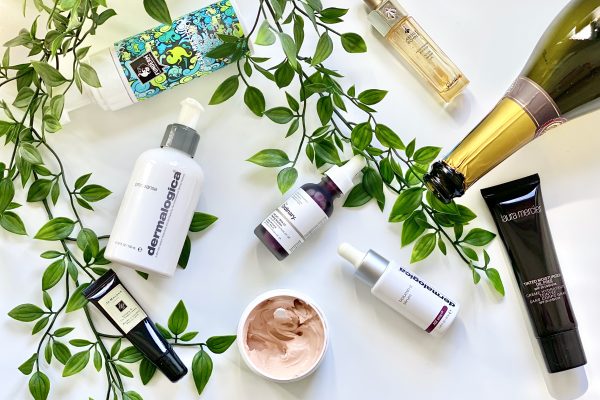
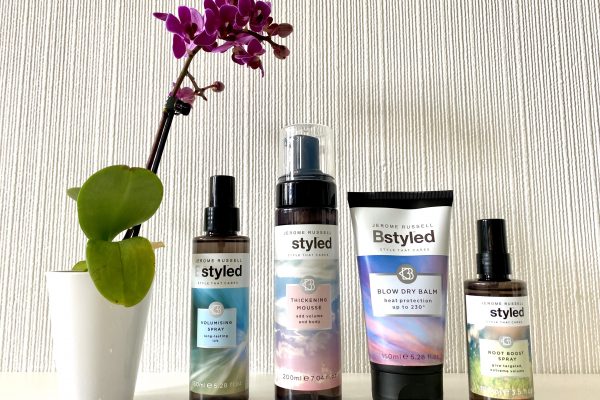

Really interesting and informative. Good luck Rachel. I will be asking plenty of questions from now on x
Thanks, isn’t she amazing?!